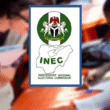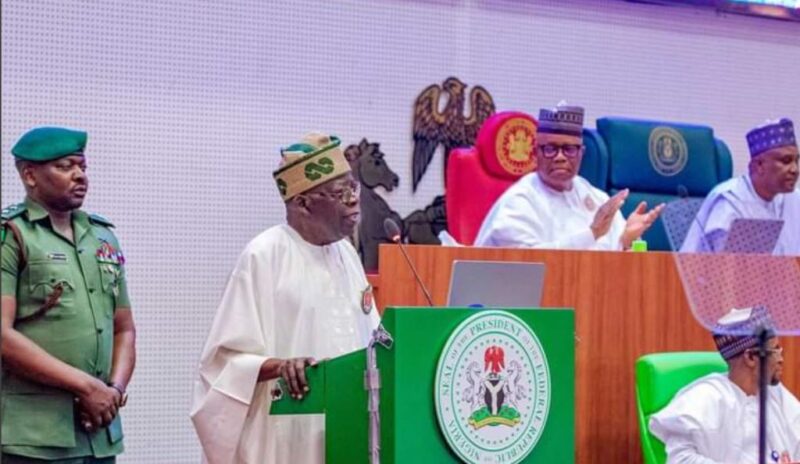The World Bank has raised concerns over Nigeria’s record-breaking 2025 national budget, saying it may rely too heavily on uncertain revenue projections and risky financing methods.
The comment came during the launch of the World Bank’s latest “Nigeria Development Update” in Abuja, where officials warned that over-optimism could pressure the Federal Government to borrow from the Central Bank, potentially harming Nigeria’s fragile economic recovery.
President Bola Tinubu had signed the N54.99 trillion budget into law in December 2024, making it the largest in Nigeria’s history. The budget includes N13.64 trillion for running costs, N23.96 trillion for capital projects, N14.32 trillion for debt service, and N3.65 trillion for statutory transfers. A projected N13.08 trillion deficit is expected to be covered through both local and foreign borrowing.
World Bank Lead Economist for Nigeria, Alex Sienaert, noted that despite positive signs in 2024, such as improved revenue collection, many of the 2025 budget assumptions are “ambitious” and may not hold. Oil production is estimated at 2.06 million barrels per day, but Sienaert pointed out that actual daily output remains closer to 1.6 million barrels. He also questioned the impact of expected earnings from the removal of petrol subsidies and the proposed tax on foreign exchange windfalls.
“If revenue targets fall short,” Sienaert said, “that’s either going to create arrears pressures… or it could renew risks of recourse to things like deficit monetisation under large-scale Ways and Means.”
He warned that using the Central Bank’s overdraft facility—something Nigerian officials had promised to avoid—could damage public confidence in economic stability and the naira.
The World Bank also called for urgent reforms, including ending the electricity subsidy, which it described as “wasteful” and “regressive.” Sienaert noted that while removing the petrol subsidy and adjusting the exchange rate had improved fiscal strength, more changes are needed. “There’s still a range of fiscal policy and fiscal management issues where more can be done,” he said.
Other reforms suggested include cutting unnecessary government expenses, improving oil revenue transparency, and boosting non-oil income. The Bank noted that although the Nigerian National Petroleum Company (NNPC) now uses the official exchange rate for transactions, only half of expected subsidy savings had reached the national account as of January 2025.
Regarding inflation, Sienaert said while monetary policies have helped reduce inflationary pressure, prices remain high. “We do need to acknowledge that price pressures remain elevated,” he said, citing new data methods as another challenge in tracking inflation trends.
The World Bank also urged faster implementation of Nigeria’s cash transfer programme, which gives N25,000 monthly to 15 million people for three months. Only a third of beneficiaries have received the funds so far.
In response, Minister of Budget and Economic Planning, Senator Abubakar Bagudu, disagreed with the World Bank’s concerns. He noted that the budget figures were realistic and based on Nigeria’s capacity. “Is the projection of the 2025 budget ambitious? No, they are not,” Bagudu said. “They are all modest.”
He insisted that Nigeria has the ability to produce over 2 million barrels of crude daily and argued that budgets should be driven by potential, not just present-day challenges. “A budget should not be a reflection of our indulgences. It should be a reflection of our potential,” he added.
Bagudu also discussed government efforts to boost growth by mapping economic opportunities across Nigeria’s 8,809 wards and said new programmes would be launched soon.










